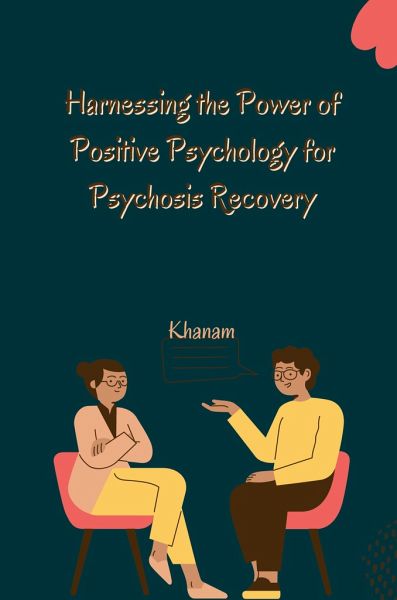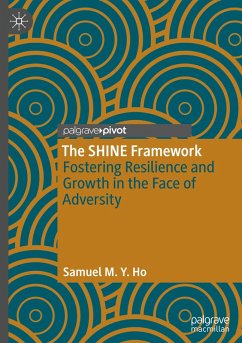
Harnessing the Power of Positive Psychology for Psychosis Recovery
Versandkostenfrei!
Versandfertig in 6-10 Tagen
28,54 €
inkl. MwSt.

PAYBACK Punkte
0 °P sammeln!
These implications highlight how this topic is important for increasing understanding of how people experience hearing voices, and how clinicians of all training backgrounds can use evidence-based practice to help clients improve their functioning across multiple areas of life, as well as feel less stigmatized and more understood by mental health providers. Using positive psychology interventions can provide therapists with evidence-based interventions for helping people who hear voices make meaning of their experiences and improve their well-being. Applying a critical theory lens to this work...
These implications highlight how this topic is important for increasing understanding of how people experience hearing voices, and how clinicians of all training backgrounds can use evidence-based practice to help clients improve their functioning across multiple areas of life, as well as feel less stigmatized and more understood by mental health providers. Using positive psychology interventions can provide therapists with evidence-based interventions for helping people who hear voices make meaning of their experiences and improve their well-being. Applying a critical theory lens to this work can provide a framework for viewing the experiences of people with psychosis and people who hear voices as marginalized and help to provide tools for advocating and working effectively with these clients.














